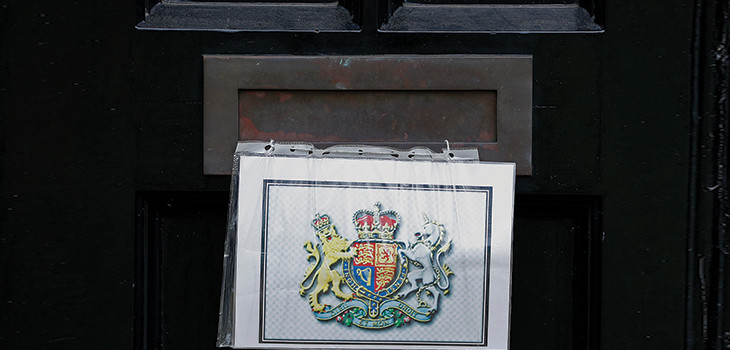
A nightingale is a rural migratory Songbird known for the quality of its voice, less in evidence in the UK as bird stocks decline. The government established Nightingale courts last year—presumably in recognition of Florence Nightingale and her work during the Crimean War, rather than dulcet-toned barristers.
In Richard Cavendish’s monograph ‘The Crimean War’ (History Today, Volume 54 Issue, 3 March 2004) he argues that the war displayed great confusions of purpose and motivations, and in a remark curiously prescient to our time: ‘never did such incompetence led to so much social butchery’. It lasted two years, five months and 14 days with over half a million dead. The coronavirus began in Wuhan in December 2019.
Blurred lines
The Nightingales formed part of government plans to ensure courts could recover from the coronavirus pandemic as soon as possible and (with emphasis added from the government website)









